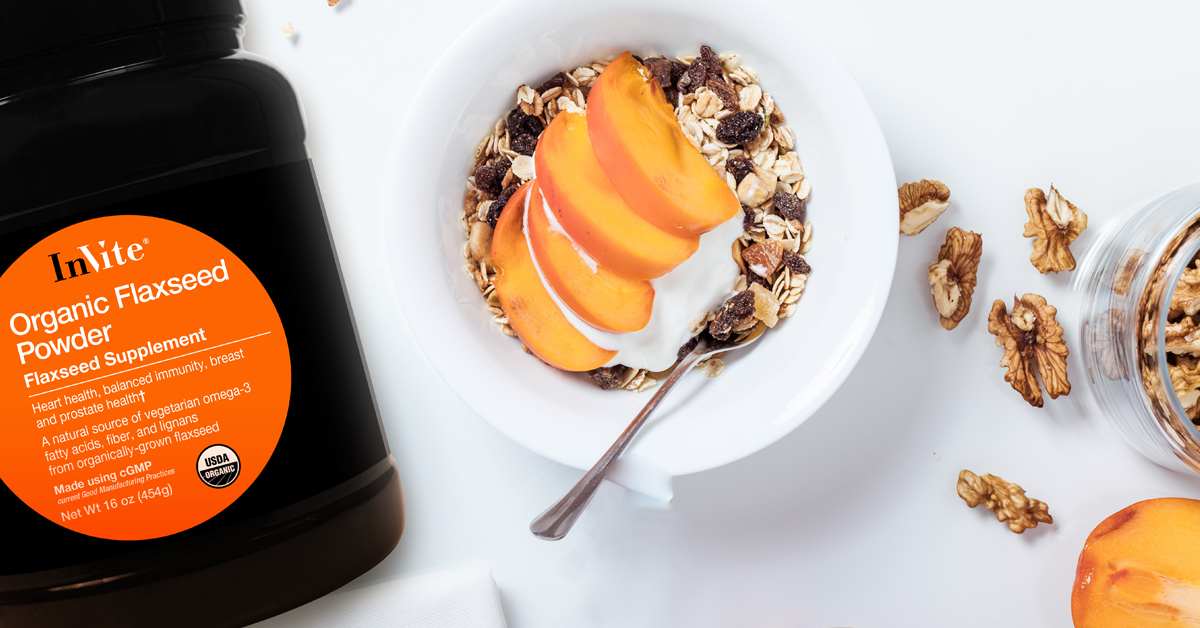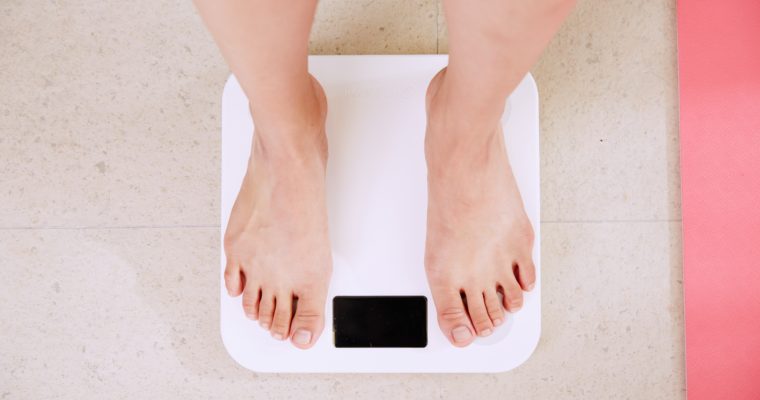? by Marion Michele on Unsplash
Yoga is an ancient practice that has become very popular today, and there are now many different approaches to it, from performing with no clothes to using weights, and restraint bands. As you can tell, yoga has come such a long way. Not only is this due to the equipment and clothing but it is all due to the different methods, beliefs, and poses developed over the years. As a retreat from hectic schedules and chronic stress. It touts numerous benefits, both mental and physical.
Your Diet and Satiety
Did you know that everything from the lighting of the restaurant to the package size of that pasta in your cabinet are hidden persuaders to get you to eat more than you need?
Research from the University of Washington shows that individuals who practice yoga regularly eat a more mindful diet compared to other exercises. Physician Jamie Zimmerman, MD, a meditation instructor, explains, “Yoga encourages you to focus on your breathing, and the sensations in your body. This trains your brain to notice what’s happening to your body, helping you pay more attention to sensations of hunger and satiety.”
Powering Your Brain
It’s common to feel a sense of guilt when you skip your workout. But what if we told you that forgoing exercise can impact your brain? A recent study, with participants of seasoned athletes over 50 committed to being completely sedentary for 10 days. At the end of the trial period, the participants brains were scanned to analyze any changes. What the researchers found was that refraining from exercise slowed regional cerebral blood flow in eight different brain regions. This blood flow slowed to both left and right hippocampus, the region that forms, stores and retrieves memories.
According to a study published in the journal of Physical Activity and Health, twenty minutes of yoga can improve the brain’s ability to quickly and accurately process information (even more than running). Zimmerman explains, “While most exercise gives you a choice to either zone in or zone out, yoga encourages you to return to the present and pay attention. This mindful awareness has been correlated with structural changes in the brain, including growth in the prefrontal cortex, a brain region associated with executive function, working memory and attention.”
Say Goodbye to Stress
Stress hormones trigger your “fight or flight” response – your heart races, your breath quickens, and your muscles are ready for action. But when the stress response keeps firing, it could put your health at risk. Symptoms of chronic stress include irritability, anxiety, depression, headaches and insomnia.
“The tensing and relaxation of muscles during yoga – along with mindful awareness of physical sensations – helps us relax,” says Zimmerman. According to a study from Harvard University, just eight weeks of practicing yoga daily can improve sleep quality in people with insomnia.
The Beat of Your Heart
Larry Phillips, MS, a cardiologist at the NYU Langone Medical Center says, “Yoga can reduce high blood pressure, bad cholesterol, and stress – all risk factors for heart disease.” A review of yoga and cardiovascular disease published in the European Journal of Preventive cardiology indicated that yoga may help lower heart disease risk as much as conventional exercise, such as brisk walking.
Do you practice Yoga? Leave us a comment and tell us all of the benefits you’ve seen from it!






